Activity
Revival of Traditional Ecological Knowledge and Practices
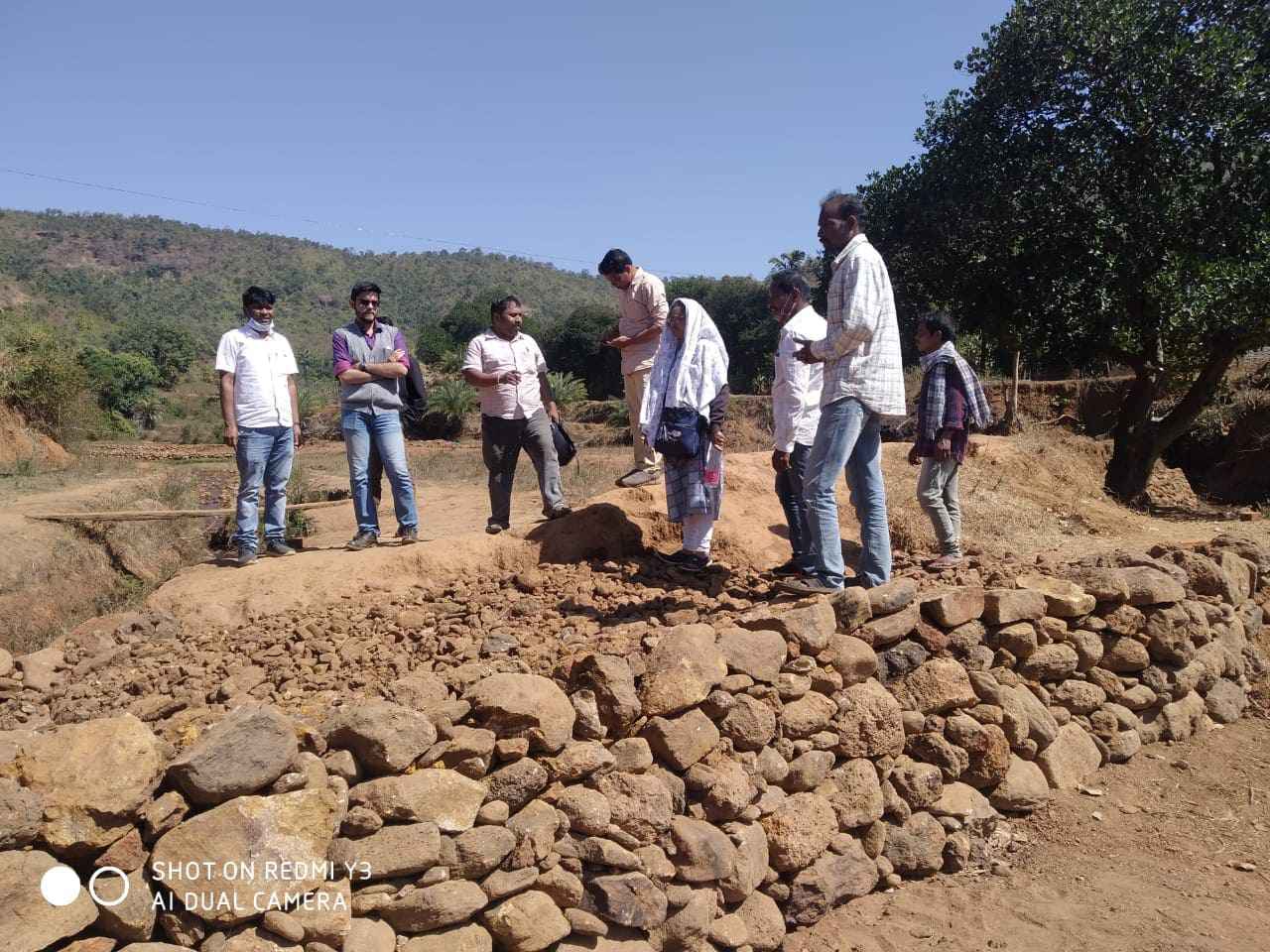
Seba Jagat is dedicated to preserving and reviving traditional ecological knowledge (TEK) that has been passed down through generations in rural and tribal communities. These practices, developed over centuries, are deeply rooted in local landscapes and ecosystems. Seba Jagat works with communities to document and revitalize practices such as water conservation methods, traditional crop rotation, forest management, and sustainable animal husbandry. By integrating TEK with modern scientific approaches, Seba Jagat helps communities enhance their resilience to climate change while also promoting sustainable resource management. Workshops, field demonstrations, and community dialogues are organized to encourage the younger generation to adopt these age-old practices. The revival of traditional ecological knowledge contributes to biodiversity conservation, improves sustainable land management, and supports the regeneration of ecosystems, ensuring long-term environmental sustainability and strengthening the bond between communities and their natural resources.
Biodiversity Conservation and Maintenance of Peoples Biodiversity Registers
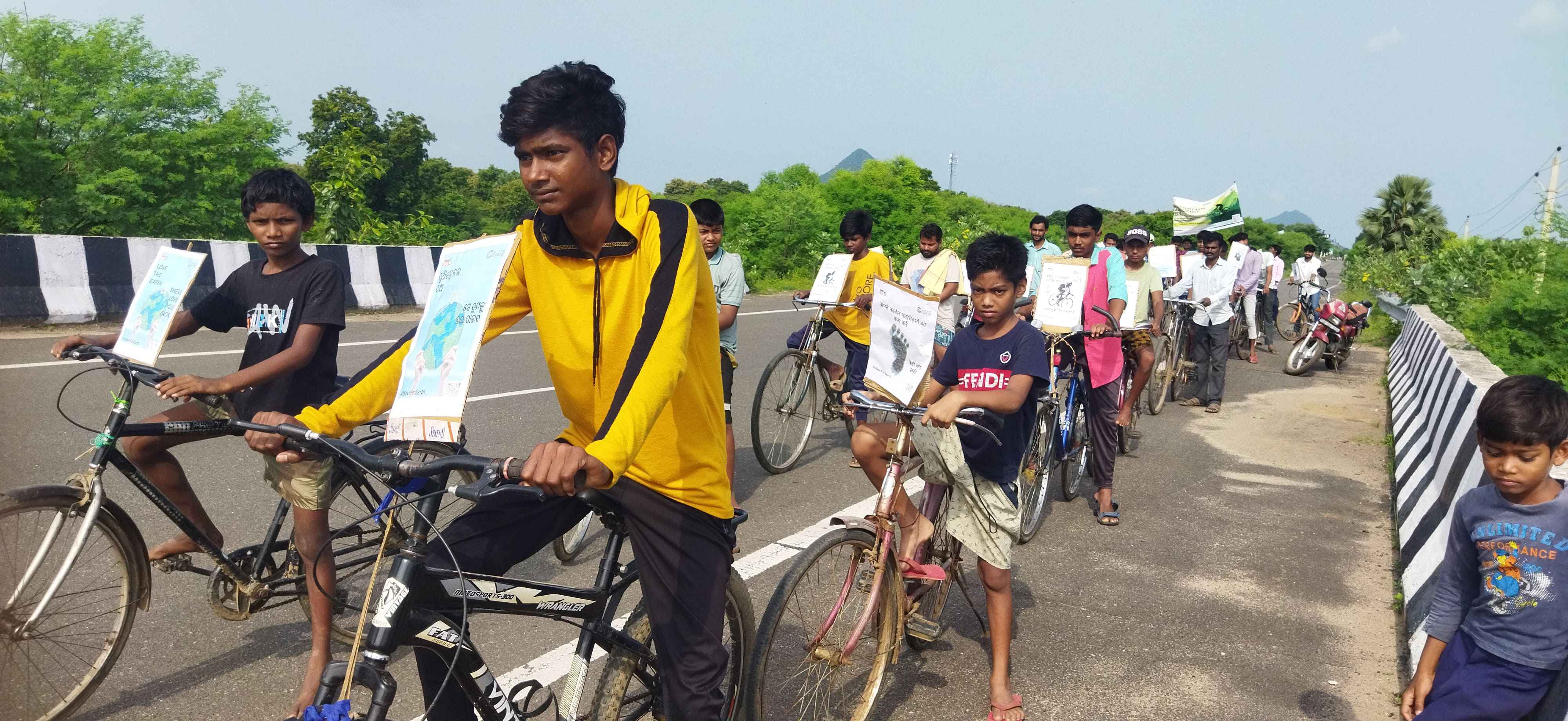
Seba Jagat actively supports biodiversity conservation through community-based initiatives aimed at documenting and protecting local flora and fauna. One of the key strategies is the maintenance of Peoples Biodiversity Registers (PBRs), which serve as an important tool for documenting and preserving the rich biodiversity that exists within communities. These registers are developed in partnership with local communities, and they capture detailed information about species of plants, animals, and medicinal plants that are critical for both ecological balance and community health. Seba Jagat facilitates community-led workshops to train local stakeholders, particularly women and youth, on how to identify, document, and monitor local biodiversity. By involving the community in PBRs, Seba Jagat empowers local people to take ownership of their natural heritage and encourages the sustainable use of resources. The initiative not only supports conservation efforts but also promotes the sustainable harvesting of biodiversity, helping to maintain ecological balance and enhance local livelihoods.
Forest Protection Committees and Biodiversity Monitoring
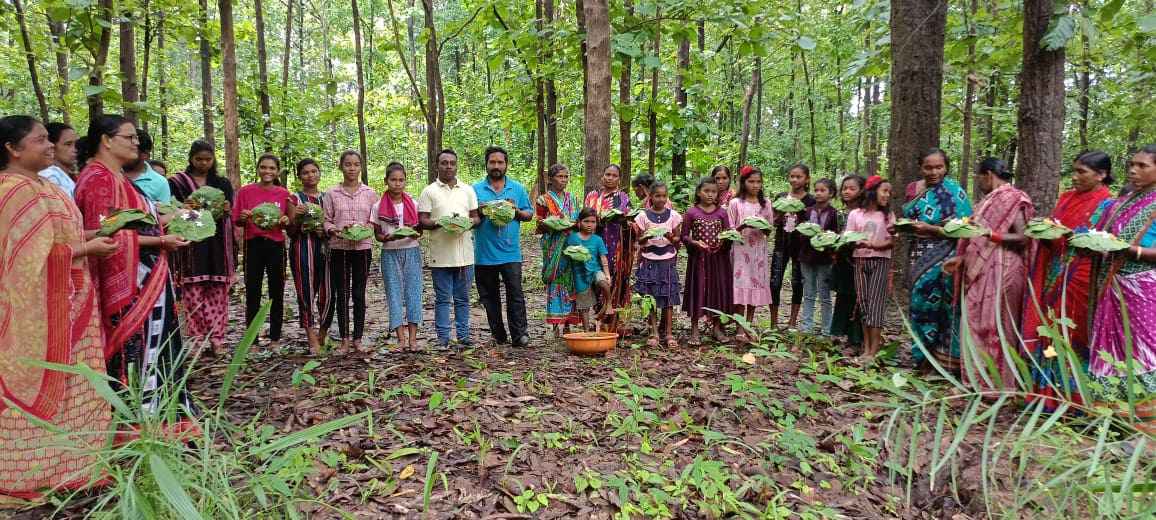
Seba Jagat emphasizes the active participation of women in forest protection and biodiversity monitoring. Women play a crucial role in managing natural resources, particularly in rural and tribal communities. By forming and strengthening women-led Forest Protection Committees (FPCs), Seba Jagat empowers women to take leadership roles in protecting and managing local forests and biodiversity. These committees are tasked with monitoring forest resources, preventing illegal logging, promoting sustainable harvesting practices, and conducting biodiversity surveys. Seba Jagat provides training to these committees on forest management, data collection, and reporting techniques. The involvement of women in these committees enhances gender equality, improves forest conservation efforts, and strengthens the overall management of common resources. The initiatives also create opportunities for women to contribute to local governance, thereby improving their social status and economic independence through collective action and decision-making.
Establishment of Traditional Seed Banks
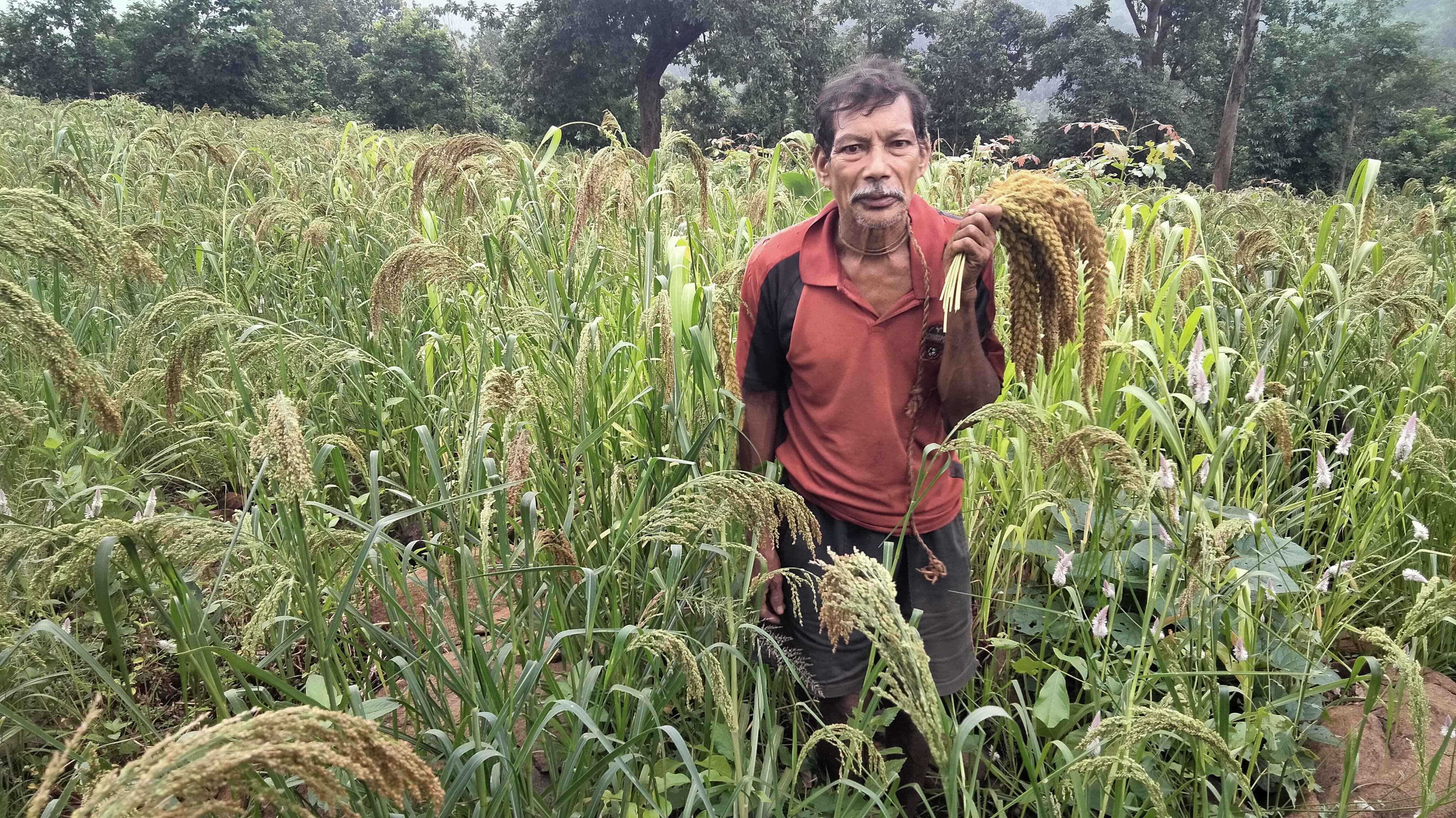
The establishment of traditional seed banks is a crucial initiative by Seba Jagat aimed at preserving indigenous crop varieties that are well-suited to the local environment and climate conditions. These seed banks serve as repositories for a wide range of seeds, particularly traditional and heirloom varieties of grains, vegetables, and legumes, which are often at risk of being lost due to the dominance of high-yielding, commercial crops. Seba Jagat works with communities to identify and preserve these locally adapted seeds, ensuring their availability for future generations. The seed banks also serve as educational hubs where farmers can exchange seeds, share knowledge, and learn about sustainable agriculture practices. Additionally, Seba Jagat helps build linkages between seed banks and local markets, promoting the sale of indigenous crops, which can command premium prices due to their unique qualities and nutritional value. This initiative helps safeguard agricultural biodiversity, improves food security, and strengthens community resilience to climate change.
Development and Implementation of CFR and Landscape Management Plans
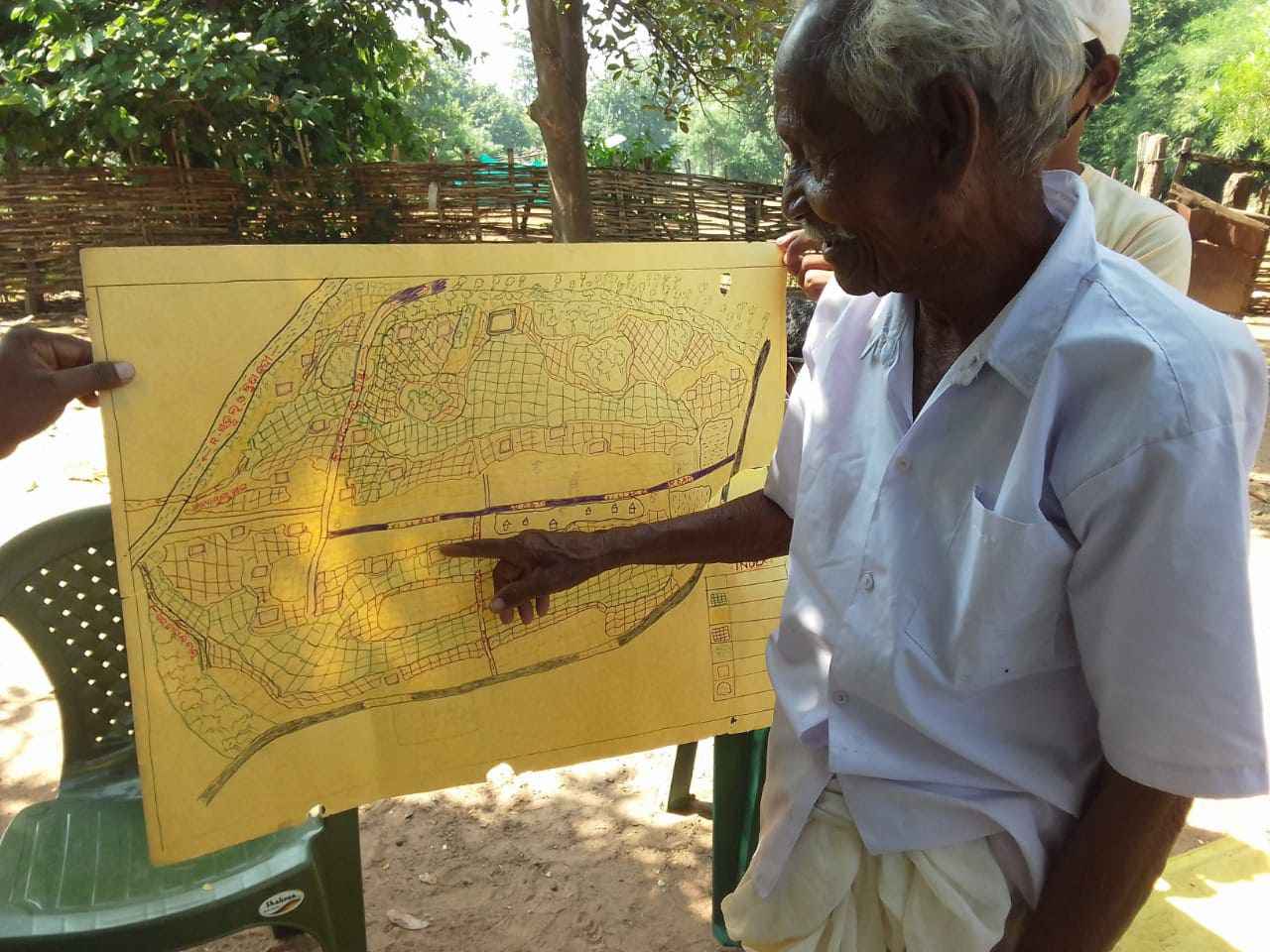
Community Forest Resource (CFR) and landscape management plans are integral components of Seba Jagats work in forest conservation and sustainable land use. These plans are developed in consultation with local communities, ensuring that they are tailored to the specific needs and aspirations of the people who depend on these resources for their livelihoods. The CFR plans focus on the sustainable management and utilization of forest resources, empowering communities to protect and enhance their surrounding ecosystems. Seba Jagat facilitates the participatory development of these plans, ensuring that local knowledge and scientific data are integrated into the decision-making process. Additionally, landscape management plans take into account the broader ecological context, promoting the restoration of degraded landscapes, the protection of water resources, and the enhancement of biodiversity. By involving communities in the planning and implementation processes, Seba Jagat ensures that forest and land management practices are both environmentally sustainable and socially equitable.
Use of Solar Energy and Decentralized Renewable Energy (DRE) for Livelihoods
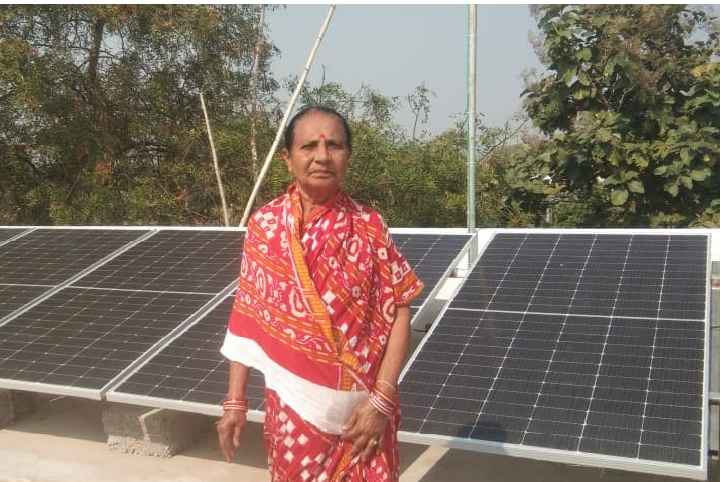
Seba Jagat is implementing comprehensive renewable energy programme to enhance household income, build resilience against economic and environmental shocks, and foster sustainable rural entrepreneurship. Solar energy systems are introduced to support small-scale productive activities such as milling, grinding, baking, tailoring, carpentry, refrigeration, and digital services. These interventions are designed to reduce dependency on traditional fuels, increase efficiency, and enhance income-generating potential across various livelihood sectors, particularly in agriculture and rural enterprises. The programme builds strong community engagement by forming user groups and peer-led learning platforms that facilitate knowledge exchange, collective problem-solving, and long-term system maintenance. Through sensitisation programme, workshops and community dialogue, community members—including youth and women—gain technical and entrepreneurial skills. This not only ensures local ownership and sustainability but also creates employment opportunities within the clean energy value chain. The approach strengthens grassroots institutions and encourages collective action to address energy poverty with locally rooted, clean solutions. Promoting environmental consciousness is integral to the programme. Regular awareness drives, school-based education sessions, and community campaigns highlight the environmental benefits of renewable energy and encourage eco-friendly practices. By promoting decentralized renewable energy systems the programme supports climate-resilient agriculture, , and contributes to improved well-being in rural and remote areas. Seba Jagats renewable energy programme integrates energy access with livelihood enhancement and environmental stewardship, aiming for long-term impact and community-driven sustainability.
Promotion of Agroecology and Plantation
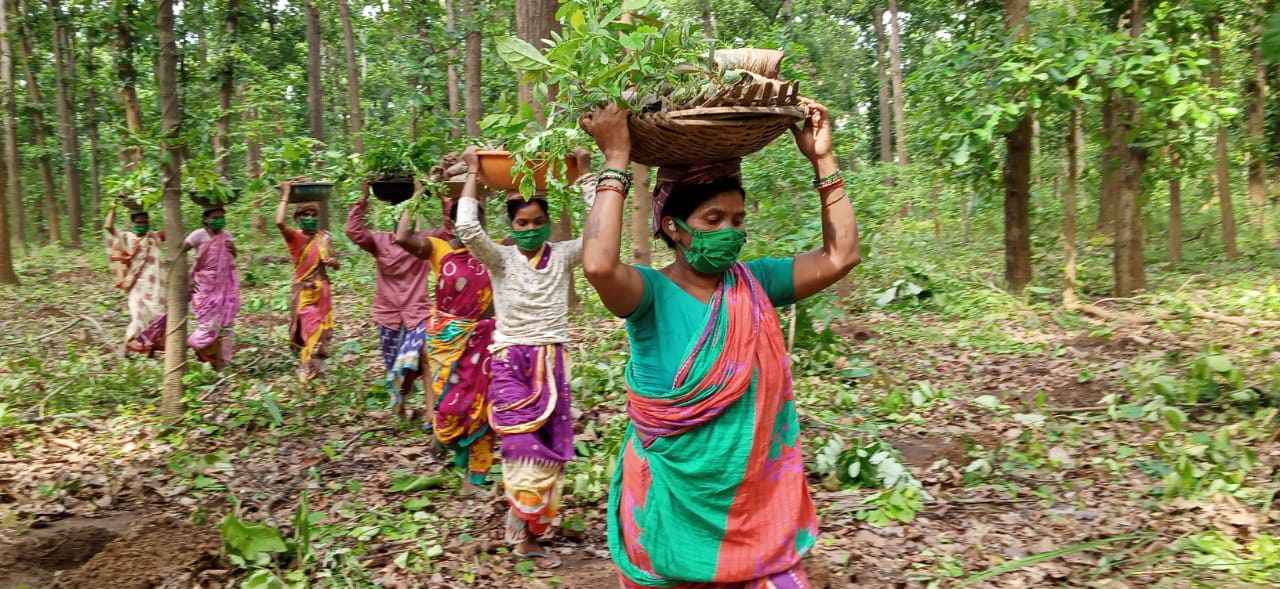
Seba Jagat promotes agroecology and organic farming as core strategies to ensure sustainable agriculture, environmental conservation, and improved livelihoods. Agroecology integrates ecological principles into farming systems by encouraging the use of organic inputs, crop rotation, intercropping, agroforestry, and natural soil enrichment techniques. Through hands-on training and capacity building, Seba Jagat enables farmers—especially women—to adopt low-cost, eco-friendly agricultural practices that reduce dependence on chemical fertilizers and pesticides.In parallel, plantation initiatives, including orchard development and agroforestry, are supported to enhance biodiversity, restore degraded lands, and create long-term livelihood opportunities. These plantations contribute to food and nutritional security while also improving soil health, water retention, and microclimatic conditions.
Climate Resilience Building through Soil, Water, and Forest Resource Regeneration
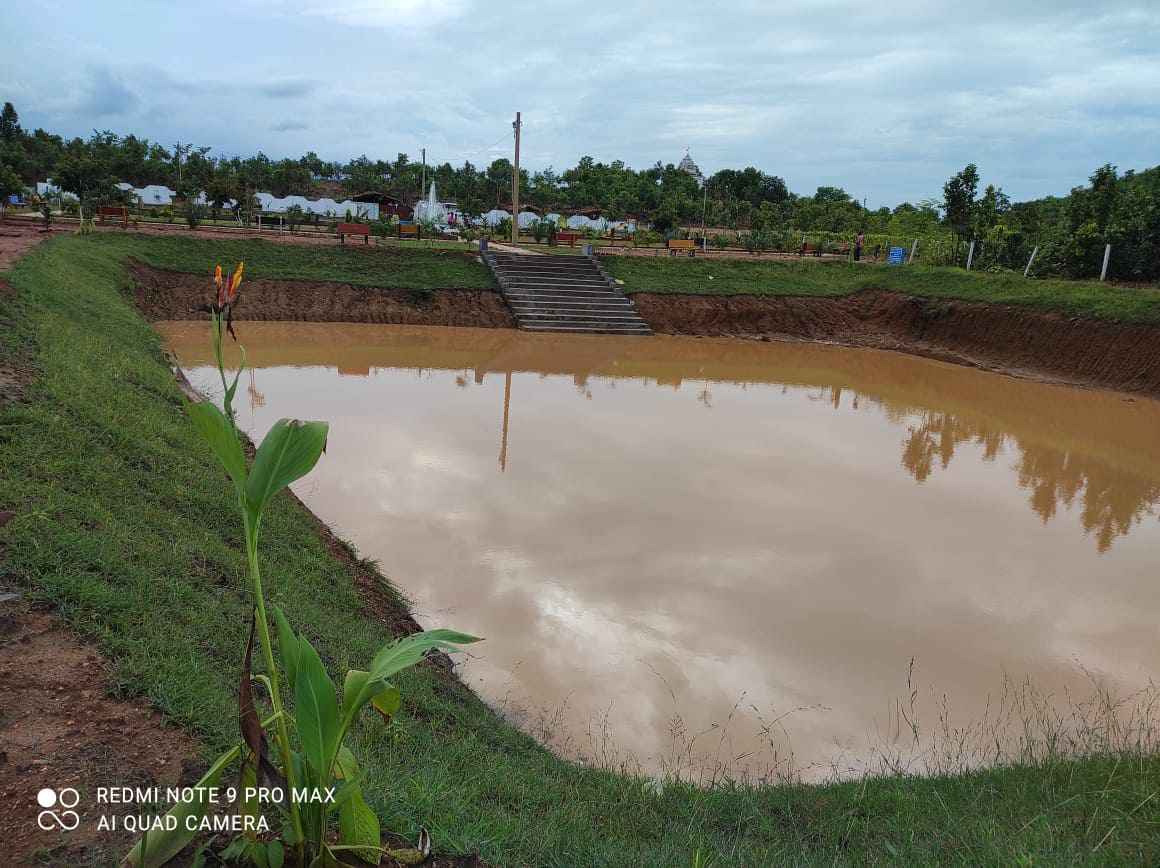
Seba Jagat is dedicated to building climate resilience through the regeneration of soil, water, and forest resources. Soil degradation, water scarcity, and deforestation are critical challenges that rural communities face in the context of climate change. Seba Jagat addresses these issues by promoting soil conservation practices such as contour farming, terracing, and organic matter enrichment. In terms of water, Seba Jagat advocates for rainwater harvesting, watershed management, and the construction of check dams to ensure reliable water sources for irrigation and drinking. Forest resource regeneration is achieved through afforestation and reforestation programs that restore degraded landscapes, improve biodiversity, and enhance carbon sequestration. By combining these strategies, Seba Jagat helps communities adapt to climate change, reduces the impact of droughts and floods, and ensures the sustainable management of natural resources. The regeneration of soil, water, and forests leads to improved agricultural productivity, enhanced livelihoods, and greater community resilience to environmental shocks.
Intergenerational Knowledge Transfer
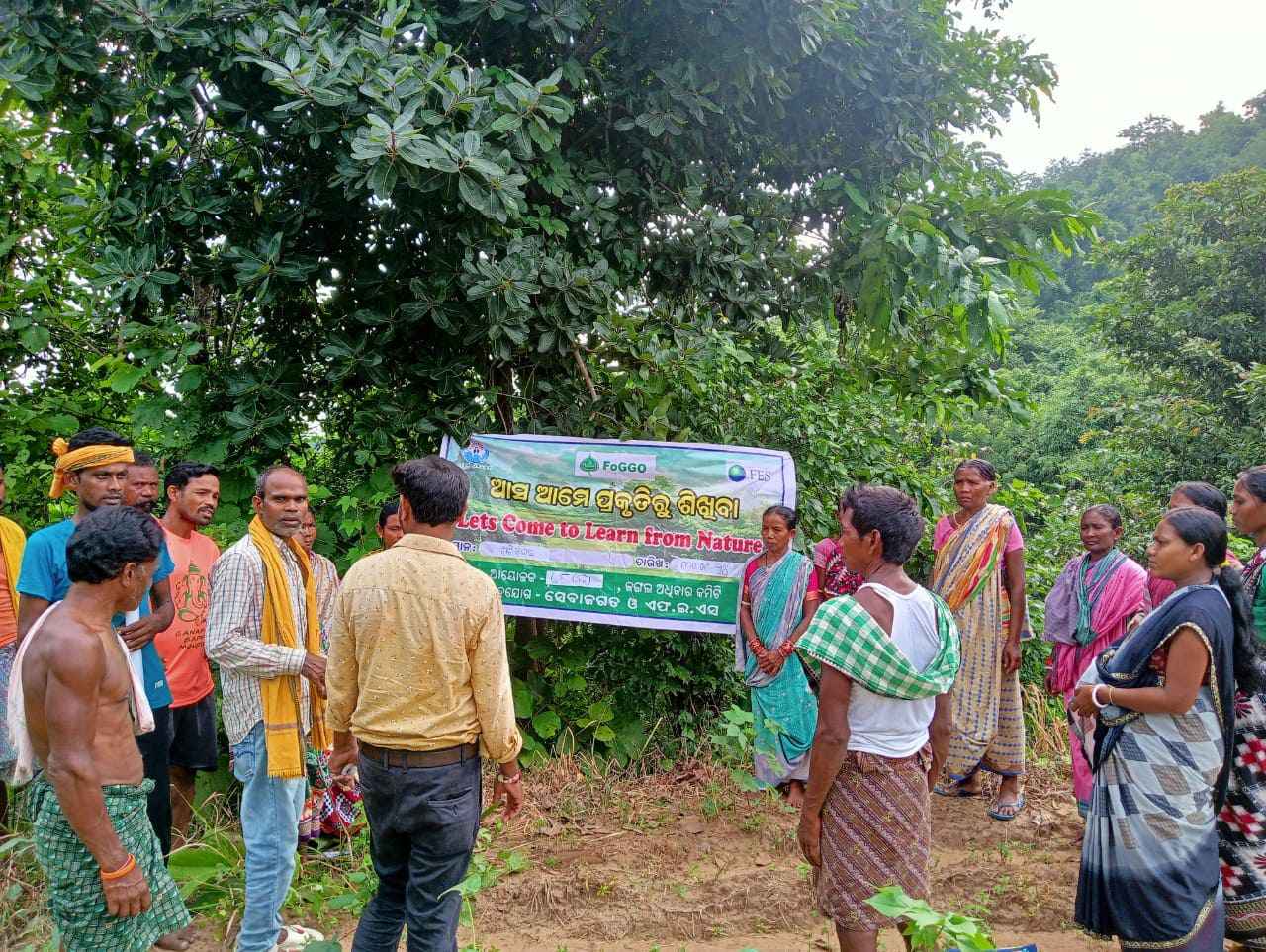
Seba Jagat recognizes the importance of intergenerational knowledge transfer in preserving traditional wisdom and ensuring its integration with modern practices. The initiative focuses on fostering communication between the older and younger generations to facilitate the exchange of critical skills, cultural practices, and ecological knowledge. Elders in the community, who hold vast knowledge about local ecosystems, agricultural practices, medicinal plants, and traditional crafts, are key figures in this knowledge-sharing process. Seba Jagat organizes intergenerational workshops, storytelling sessions, and hands-on training to pass down this valuable information to younger community members, especially the youth and women. These efforts not only preserve indigenous knowledge but also empower the younger generation to apply this knowledge in contemporary contexts, blending it with new agricultural techniques, market demands, and environmental challenges. By facilitating this transfer of knowledge, Seba Jagat ensures the continuity of sustainable agricultural practices, enhances food security, and strengthens community resilience. Moreover, the transfer of traditional knowledge also serves as a platform for promoting gender equality, as women, who traditionally play a central role in preserving and transmitting cultural and ecological knowledge, are given prominence in these interactions. Through intergenerational knowledge transfer, Seba Jagat bridges the gap between the past and the future, ensuring the sustainability of both cultural heritage and ecological well-being.
 SEBAJAGAT
SEBAJAGAT
